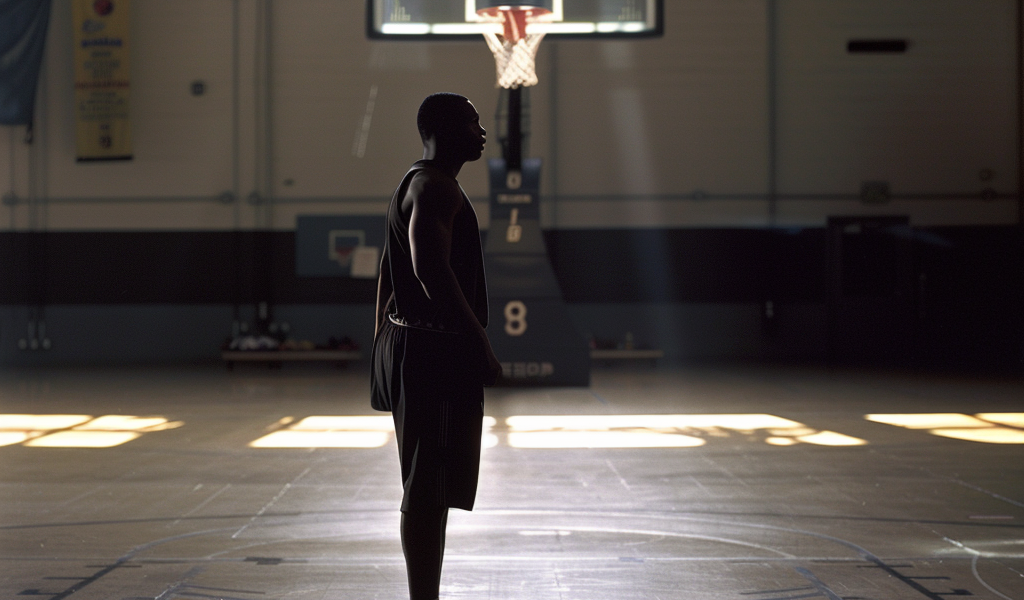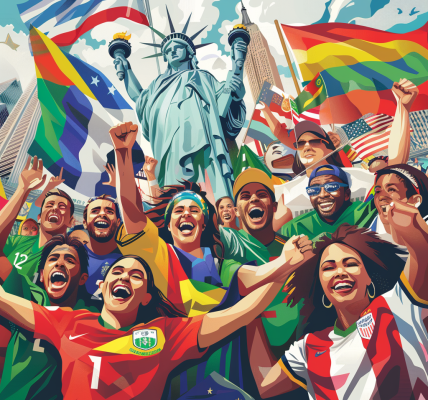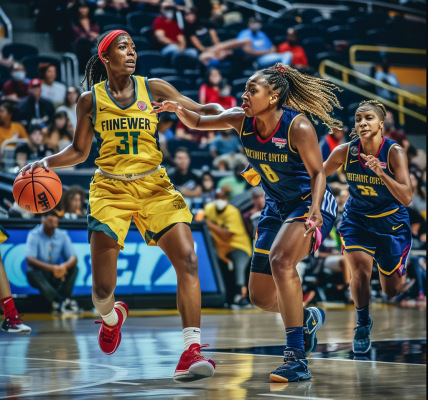In a recent revelation, former NBA star Gilbert Arenas shared his experience transitioning from college basketball at the University of Arizona to the professional ranks of the NBA. Reflecting on his journey, Arenas candidly noted that he took a significant pay cut upon entering the league, a surprising statement considering the financial expectations often associated with professional athletes.
Arenas, who was drafted in the second round of the NBA Draft, expressed his sentiments during an interview, stating, “I got drafted second round. Like man, I took a pay cut coming to the NBA. Man, I didn’t go back to college (…) I took a pay cut coming to the NBA. Give a [expletive] if they get in trouble. I’m in trouble right now. I done spent all this money.” His remarks highlight the financial realities that many players face, especially those who are not selected in the first round, where contracts are typically more lucrative.
The former guard’s comments come in the wake of discussions surrounding the financial implications of joining the NBA, especially for players who may have been stars at the collegiate level. Arenas’ perspective sheds light on the complexities of player contracts and the sacrifices that some athletes make when transitioning to the professional level.
In addition to his reflections on his own career, Arenas has also been involved in recent discussions regarding the South Sudan national basketball team, particularly in relation to former NBA player Luol Deng, who is now the president of the South Sudan Basketball Federation. After some derogatory comments were made about Deng’s team by Arenas and fellow ex-NBA player Paul Pierce, Arenas took to social media to apologize, demonstrating a level of respect for Deng’s contributions to basketball.
On his Instagram story, Arenas wrote, “@luoldeng9 I respected u as a player and will as a coach (Sorry for my Disrespectful comments) Good luck but not enough luck to win the Gold ‘Silver’ is all yours.” This apology reflects Arenas’ acknowledgment of the impact that his words can have and his desire to maintain a respectful dialogue within the basketball community.
The South Sudan national team, under Deng’s leadership, has been making strides on the international stage, and the comments from Arenas and Pierce sparked a conversation about the importance of supporting emerging basketball nations. As South Sudan continues to develop its basketball program, the involvement of former NBA players can provide valuable insights and mentorship.
As the basketball world watches the developments surrounding South Sudan and its national team, Arenas’ reflections on his own career and his recent interactions highlight the ongoing narratives within the sport. The dynamic between former players and current teams adds layers to the discussions about player development, respect among peers, and the financial realities of professional sports.
Meanwhile, the NBA offseason remains active, with players like Anthony Edwards and Kevin Durant bonding while representing Team USA, and discussions about young talents, such as Bronny James and Victor Wembanyama, gaining traction. The landscape of the league is ever-evolving, as teams prepare for the upcoming season with a mix of established stars and emerging prospects.
As the NBA continues to grow, the stories of players like Gilbert Arenas serve as reminders of the challenges and triumphs that define the journey to professional basketball. With financial dynamics, personal relationships, and the spirit of competition at play, the narrative of the NBA remains rich and engaging for fans and players alike.





